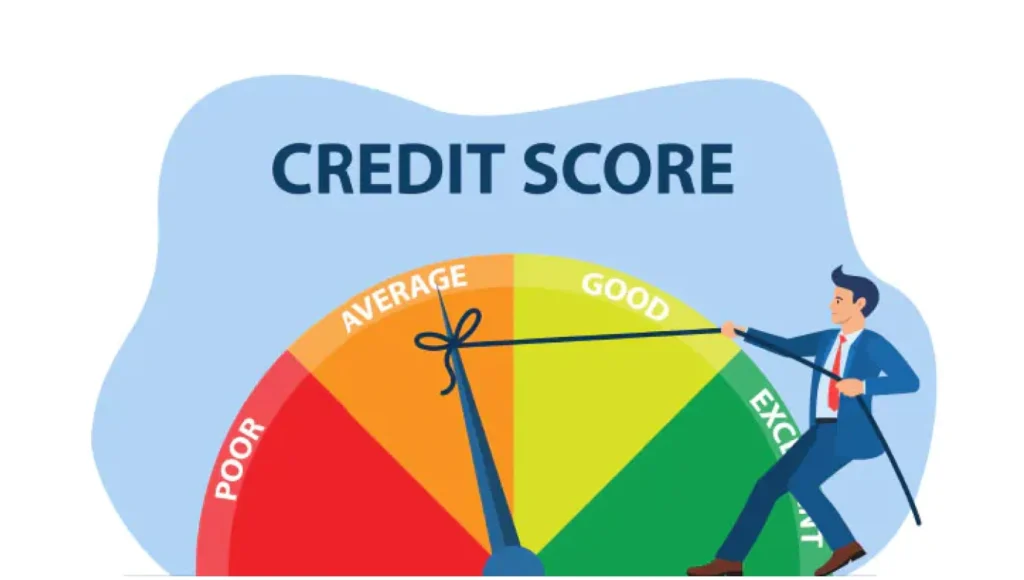
Myth 1: Checking Your Credit Score Will Lower It
Fact: Checking your credit score does not lower it. There’s a difference between “soft” and “hard” inquiries. Soft inquiries, such as checking your own score or pre-approval checks by lenders, don’t affect your score. Hard inquiries, which happen when you apply for new credit, may slightly lower your score temporarily. Regularly monitoring your credit is a good practice that keeps you informed without harming your score.
Myth 2: Closing Old Credit Cards Will Improve Your Score
Fact: Closing old or unused credit cards can actually hurt your credit score. It reduces your total available credit, increasing your credit utilization ratio—the amount of credit you’re using versus your total available credit. A higher utilization ratio can lower your score. Plus, the age of your accounts contributes to your credit history length, so keeping older accounts open is beneficial.
Myth 3: Carrying a Balance on Your Credit Card Helps Your Credit Score
Fact: You don’t need to carry a balance to boost your credit score. Paying your credit card balance in full each month is a better approach. It demonstrates responsible credit use and helps you avoid costly interest charges. Regular, on-time payments are the best way to build a positive credit history.
Myth 4: Your Income Affects Your Credit Score
Fact: Your income does not directly impact your credit score. Credit scores are based on your credit behavior, including payment history, credit utilization, length of credit history, types of credit, and recent inquiries. While lenders consider your income when deciding on credit approvals, it doesn’t affect your score itself.
Conclusion
Understanding the truth about credit scores can help you make better financial decisions and avoid common pitfalls. By debunking these myths, you can take control of your credit journey, make informed choices, and improve your financial health. Remember, regularly monitor your credit, pay your bills on time, and keep your credit utilization low for the best results.
